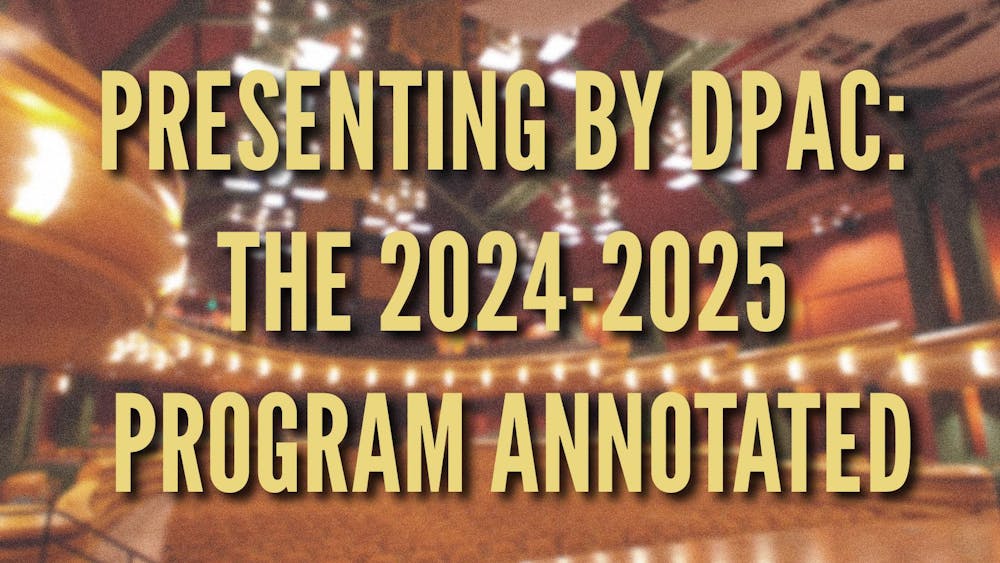In a society where communication is constantly propelled by the newest and best social networking website, it can seem impossible to find the value in the type of interactions promoted by Facebook and Twitter.

Sure, everyone uses Facebook to keep in touch with his or her friends, but should legitimate journalistic sources use Facebook to communicate with a new generation of readers?
Can anything meaningful be communicated in the confined space of Twitter's 140 characters?
There was a point when my skepticism kept me from seeing beyond the petty superficiality these sites are prone to promote.
At the time of writing this, #ThingsLongerThanKimsMarriage was trending worldwide on Twitter, so it's difficult to argue the site is the perfect defender of all noble causes.
I originally joined Twitter to follow the whereabouts of my favorite redhead Conan O'Brien after he left the air on NBC. I was entertained by his pithy statements and decided to fully dive into the Twitter-sphere, following celebrities, tabloid gossip magazines and a few of my friends from home.
Most of the time I was searching for mindless entertainment but at the same time I also wanted something a little more high-minded. I began to follow my local newspapers and TV stations. I started to follow CNN, The Economist and Politico and got breaking news alerts on things happening around the world.

I was surprised to find out how much I didn't know, but I was relieved to have a source that would organize the myriad of important world events in a way that made sense to me. I could sit at a table in the dining hall with nothing but my phone and actually learn something.
My personal knowledge gain, however, is trivial in comparison to some of the vast movements that have gained traction on the web and subsequently caused real change in the world.
One of the most important revolutions in the world occurred during the Arab Spring uprisings via social networking. It is difficult to say how much social networking actually contributed to the organization of citizens, but one thing is for sure: Twitter, Facebook and YouTube drew global attention to the struggle of individuals in autocratic regimes.
These sites served as outlets for citizens to detail injustices occurring under various leaders. These injustices may have gone unreported otherwise.
That's not to say the media do a poor job of investigating these nations. The problem is that there is very little access to information and national media outlets in these nations, which are often controlled by the authoritarian figures.
Twitter and Facebook allowed individuals to tell their story with no filter. YouTube served as a way for them to record their protests and draw attention to their cause.
They started a movement that changed the world and it was possible in part because of access to social media sites.
Any reflection of social media would be incomplete without acknowledging how much it has changed journalism.
Social media has the power to democratize news coverage. The masses of people who use Facebook and Twitter create conversations that make the news. They are able to write about what they think is important and the changes they wish to see.
Social media is also changing the way traditional news sources distribute their information. Many have argued that posting an article on the web inherently decreases its value. The piece then becomes part of a trend rather than part of a smart and informed society.
Transferring news from print newspapers to the web can also be dangerous for the future of the newspaper business. Income for a traditional newspaper has plummeted leading to fewer resources.
Moving journalism to the web, however, is not entirely negative. In fact, moving stories to a more open space like Twitter means interesting stories will be read more often than they would have if they were buried deep in the middle of a newspaper.
Online media have the ability to illustrate points in a way print journalism cannot. The web can create a virtual space in which every element of a story combines to give audiences a nuanced view of a story.
Photo galleries combine information and images, supplementing a traditional article. Videos from important events are never seen in full length on television, but can be viewed in whole on the web for everyone willing to search.
Blogs are an entirely different beast. They create specialized forums for people looking for information about one distinct subject. Because they are so specified, they are able to write about all the relevant news in topics that don't usually get coverage in mainstream media.
Electronic media also give journalists the ability to spread important information that might not have enough details to fill out a traditional newspaper article. Instead of holding this information until there is enough to fill a larger article or casting it aside as unusable, the Internet has become a place where these small stories can live.
The opportunity to provide users with information on breaking news when it happens is an unbelievable feat for journalism. Internet users have the ability to engage the public at the moment of importance rather than waiting till the newspaper is printed.
It's incredibly difficult to predict the future of social media and journalism, but one thing is certain — they will remain linked for the foreseeable future.












